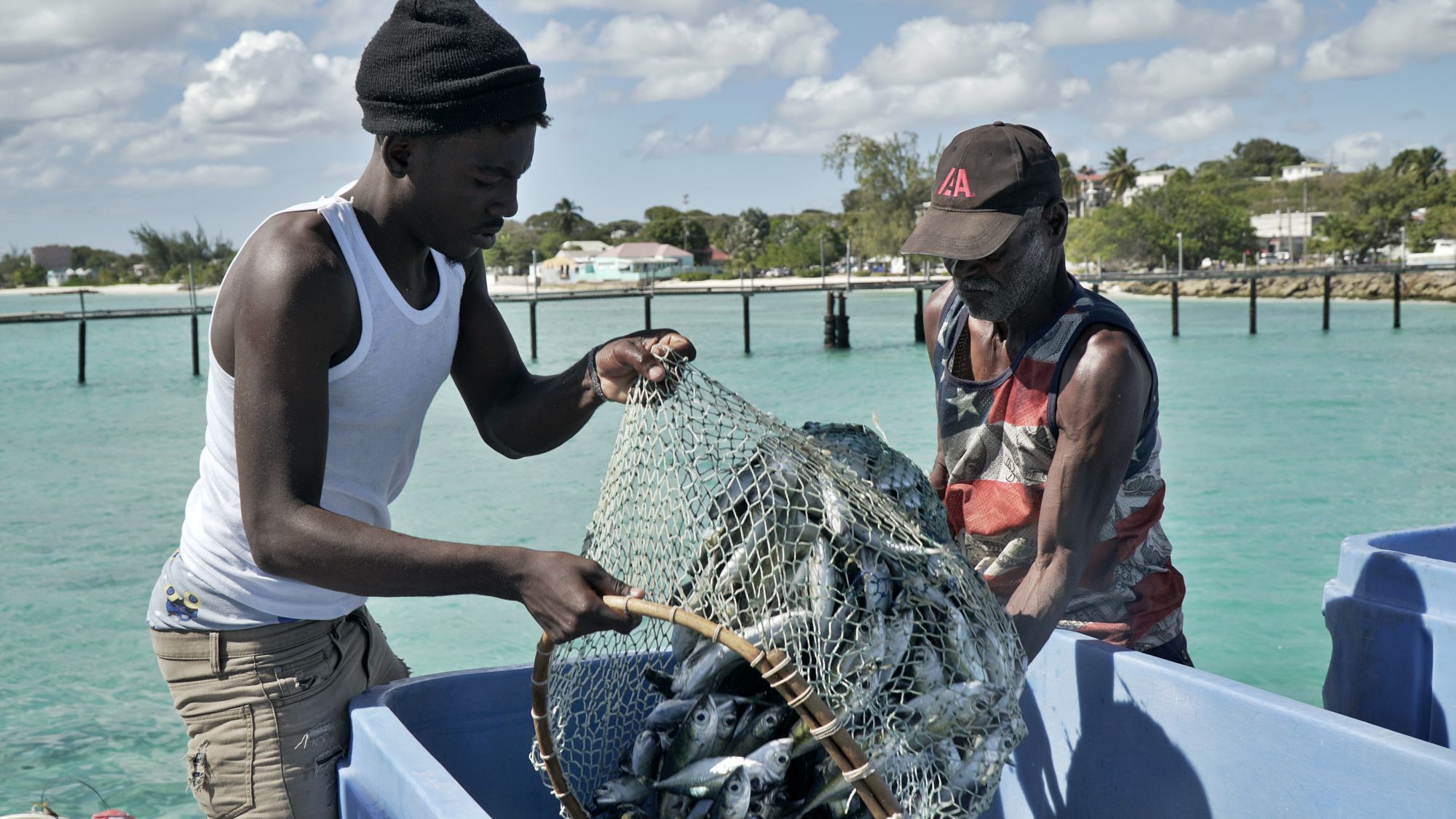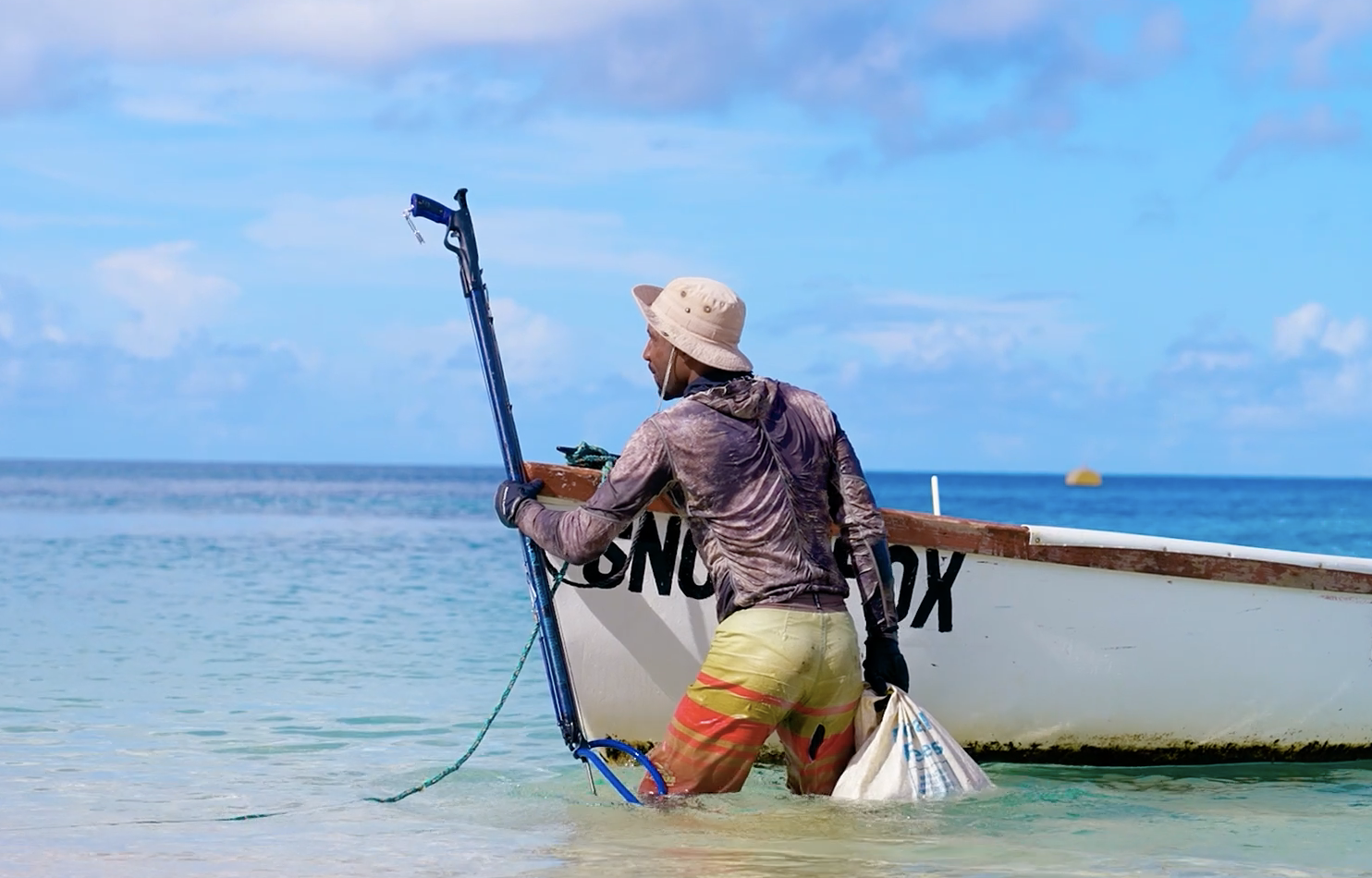The Barbados Fisheries Policy 2023 -2033 charts the way forward for the sustainable development of the Fisheries Sector in Barbados. It seeks to augment the livelihoods of those in the sector through the use of innovation, science and technology to achieve local, regional and international arrangements that promote climate resilience and the ecosystem approach to fisheries management.
This Fisheries Policy is in synch with the Caribbean Community Common Fisheries Policy (CCCFP) and is the result of a consultative and participatory process which included representatives of all the stakeholder groups in the Barbados Fisheries sector and the public sector. The policy provides for a set of principles and guidelines that will serve as an overall framework for guiding public action and related investments in the sector and support the forthcoming Sustainable Fisheries Management and Development Suite of Laws.

The Barbados Fisheries Policy is based on the broad vision for the Fisheries Sector over the next ten years, which is defined as a well-managed and developing sector with:
Improved up to date knowledge of the fisheries resources in Barbados’ Exclusive Economic Zone, for better rationalised exploitation of fishery resources, enhanced administration and fisheries management systems, use of Fisheries Management Plans that adopt the Ecosystem Approach to Fisheries’ principles, underpinned by human resources in the sector trained to required international standards, and operating within the commitments to relevant international agreements and national laws, verified by electronic monitoring, control and surveillance.
In further detail this includes: -
The controlled exploitation of resources commensurate with stock capacities, through improved management systems and practices,
Maximised economic returns through improved and diversified value chains in current exploited species and new and underutilised resources,
Reduced post-harvest losses, improved economic efficiency by zero waste, utilising rest resource material into useful products,
Contribution to rehabilitation of coastal and marine ecosystems, protection of endangered and sensitive species,
Reduced offshore pollution, reduce energy dependency on fossil fuels and effective water conservation in processing.
Promotion of responsible and sustainable forms of aquaculture and aquaponics for commercial production.
Underpinned social development of fisherfolk through promotion of the sector as a viable means of employment and economic activity and investment, in the educational system
Trained fisherfolk to international standards for safety at sea, food safety, health
Ensuring a safe working environment aboard fishing vessels, and at fish markets and other processing facilities,
Enhancing social protection and infrastructural facilities for adaptation to climate change impacts and disaster resilience processes.
Download the draft Policy document by clicking the button below.


